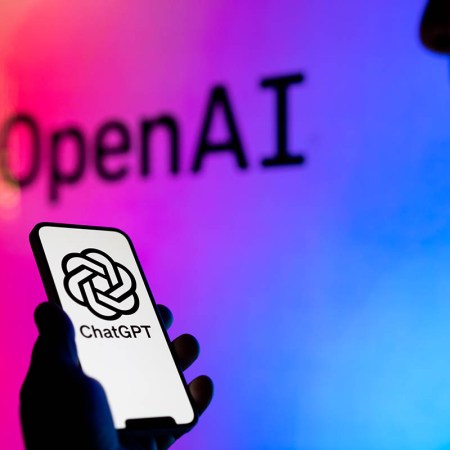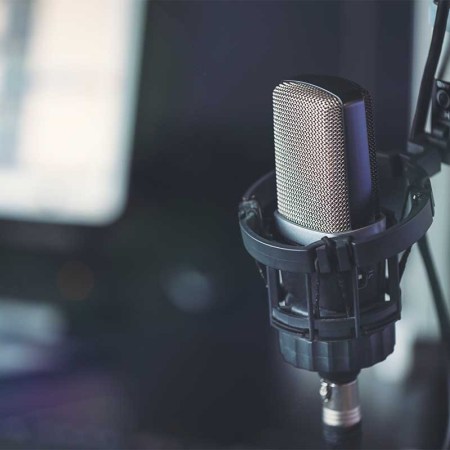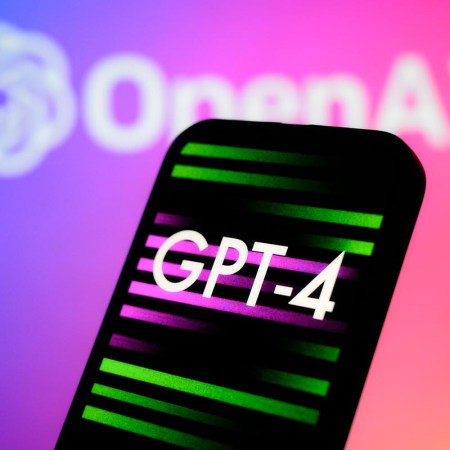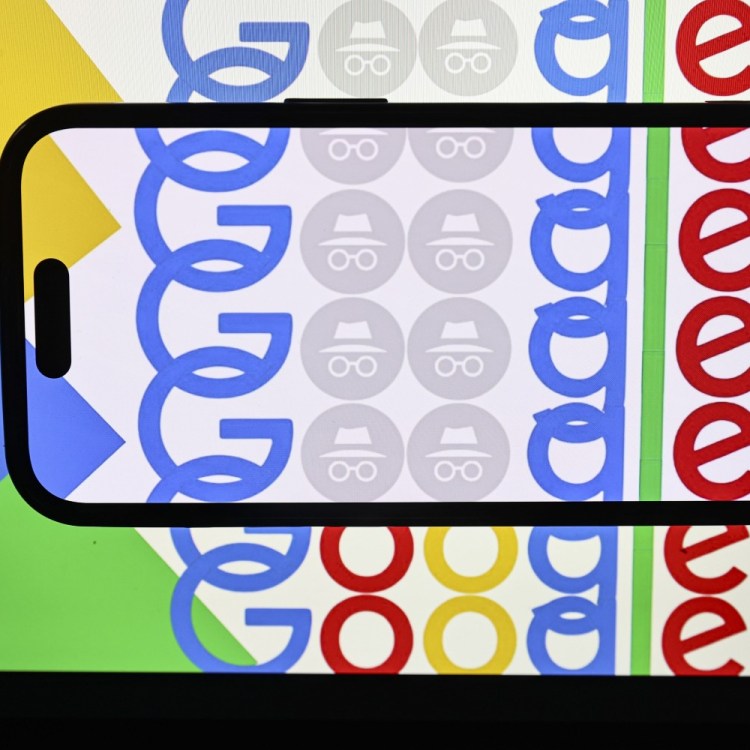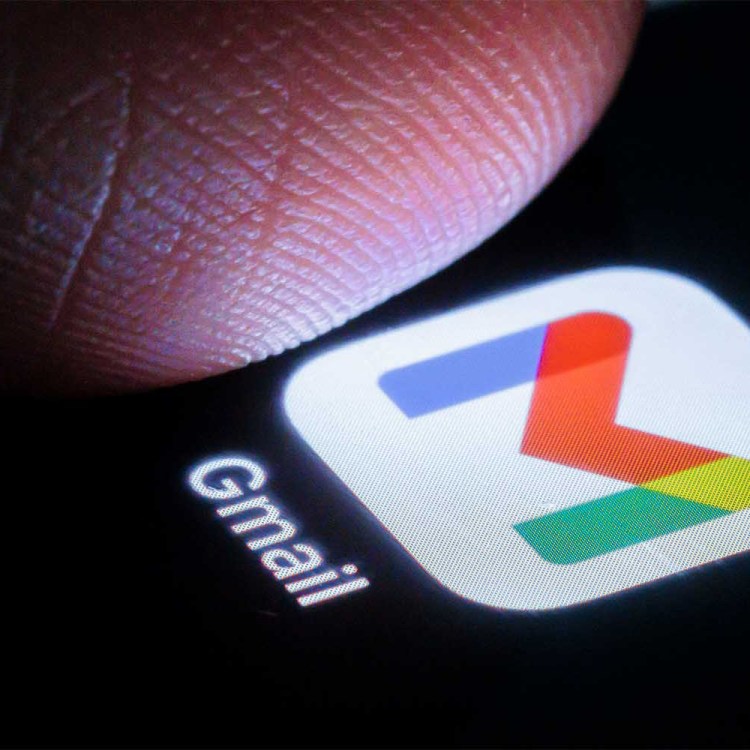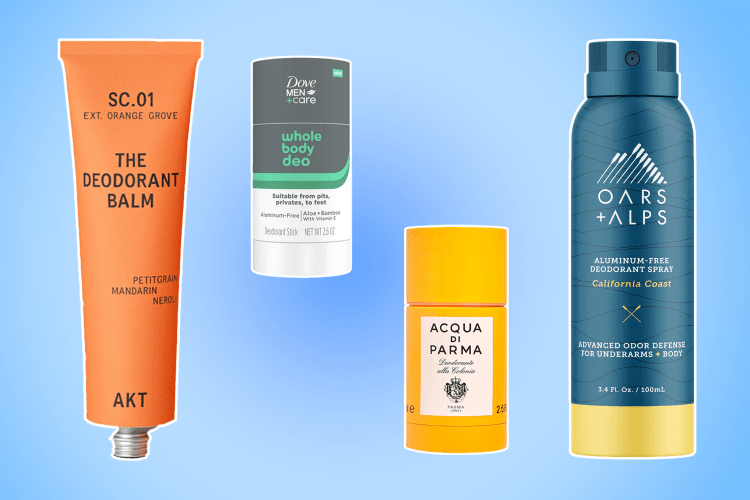If you’ve been following the world of artificial intelligence in the last month, you’re probably aware of the relative tumult the industry has faced — due in no small part to Sam Altman’s ouster from OpenAI, followed shortly thereafter by Altman’s return to OpenAI. There’s also the matter of Elon Musk launching an AI of his own and the troubling rise of AI-generated images purporting to be of events in the news.
All of which makes the news that over a dozen countries, including the U.S. and the U.K., have signed a pact regarding the use of AI sound encouraging. And it is — at least up to a point. As Reuters reports (via The Guardian), 18 nations signed the pact, which is good. The downside, then? Well, it’s non-binding — which begs the question of just how far this measure could go to address excess in the growing field of AI.
Jen Easterly, the director of the Cybersecurity and Infrastructure Security Agency, argued that the existence of the agreement at all marked a significant step forward. “This is the first time that we have seen an affirmation that these capabilities should not just be about cool features and how quickly we can get them to market or how we can compete to drive down costs,” she told Reuters.
The existing agreement, Reuters states, involves measures like maintaining the security of data and making sure that trustworthy parties are involved in supplying the technology behind AI functionality.
Could AI and Machine Learning Expand What We Know About Alzheimer’s?
It’s part of a growing medical trendThe timing of this relative to Altman’s return to OpenAI — which analyst Kyle Rodda predicted “probably means [OpenAI] will be more bold and profit focused, but also potentially less risk averse” — feels serendipitous; a move in the direction of greater regulation (at least in theory) at a time when big changes are afoot in the corporate AI sphere. Easterly seems confident that this measure will herald more changes ahead; we’ll know soon enough if that’s actually the case.
This article was featured in the InsideHook newsletter. Sign up now.



